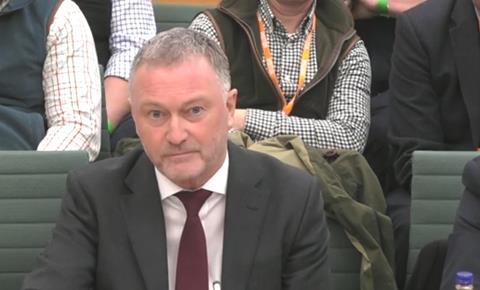
Environment secretary Steve Reed has downplayed the potential impact of the government’s proposed changes to Inheritance Tax for farm businesses, despite more than 10,000 protestors descending on London yesterday over the plans.
In an often combative first appearance in front of the Commons Environment, Food & Rural Affairs Committee yesterday afternoon, Reed reiterated the government’s position that controversial changes to inheritance tax liabilities for farm businesses – laid out in the budget on 30 October – would not impact the “vast majority” of farm businesses.
“Only the richest estates will have to pay,” Reed told MPs on the Committee, as angry farmers and ex-Efra chair Robert Goodwill shook their heads behind him.
He stressed three quarters of farm businesses, according to HMRC modelling for the Treasury, would not have to pay more – despite claims to the contrary by the NFU that a far higher proportion of business could be affected.
The government is proposing changes to Agricultural Property Relief (APR) and Business Property Relief (BPR), which will see the existing relief rate of 100% reduced to 50% from April 2026 for farm businesses valued above £1m.
The move means businesses will pay an effective IHT rate of 20% on assets above the £1m mark, having previously paid zero. The government insists only a small amount of farms will be affected, while other mitigations are also available, with the potential to give farmers as much as £3m-worth of tax relief, dependent on their circumstances.
With farmers taking to the streets yesterday, Reed said many would be proved “happily wrong” if they were to seek tax advice over the potential changes, with “a host of things they can do to limit liability”.
“Less than 500 farms will be affected,” he added, stressing his claim had been independently verified by the likes of the Office for Budget Responsibility and the Institute for Fiscal Studies.
And on the question of why the government had changed course on the policy – having previously said it had no plans to alter IHT eligibility for farm business, Reed said “policy has to reflect the circumstance in which you are taking decisions”.
Read more:
-
‘We’ll have nothing left’: Emotional reactions from Westminster farmers’ protest
-
Farmer protests kick off in London following ‘stab in the back’ budget
-
Labour’s disregard for farmers makes my blood run cold
Labour’s post-election discovery of “a £22bn black hole” in the government’s coffers was “an incredibly serious problem” that needed to be addressed, Reed said, while insisting the government would not u-turn on its IHT decision – despite the strength of feeling from the farming sector.
“I don’t think the public will consider it unreasonable that people with multimillion-pound assets will pay inheritance tax in certain circumstances,” he added.
“We have that back hole to plug even to stand still. We had to find the money to fix public services such as the NHS and schools and stabilise the economy. You can’t just magic money up to solve these problems.”
The Treasury’s projections had taken into account “the interactions of BPR, APR, capital allowances and capital rollovers plus nil rate allowances and then projected it forwards”, Reed pointed out.
And on suggestions the IHT changes could badly affect tenant farmers due to the need for landlords to sell off parcels, he posited they could instead be given “opportunities to buy up land”.







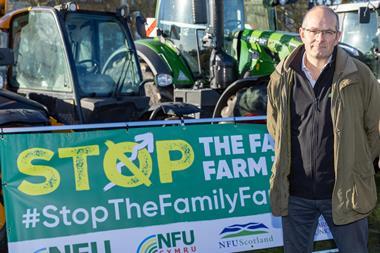
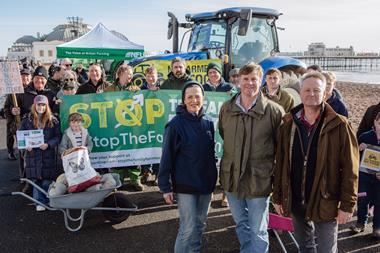

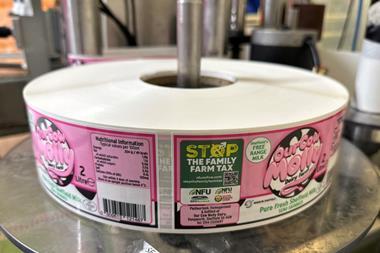
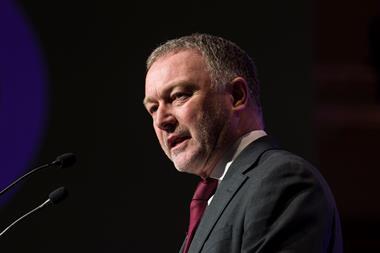
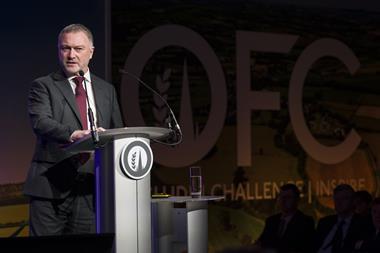






No comments yet